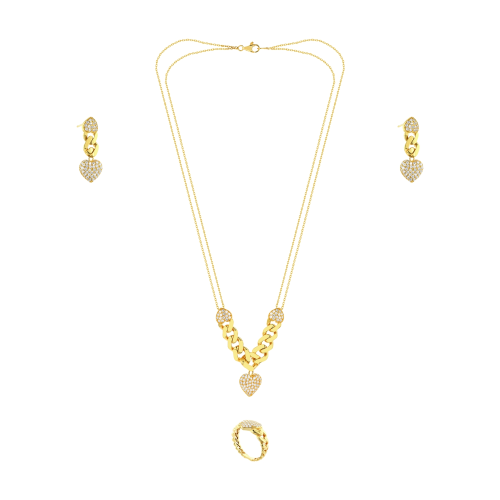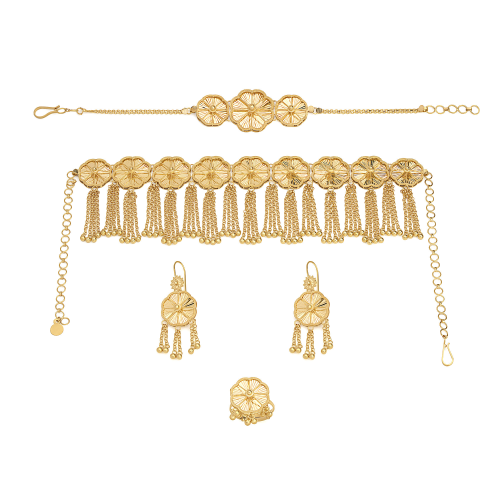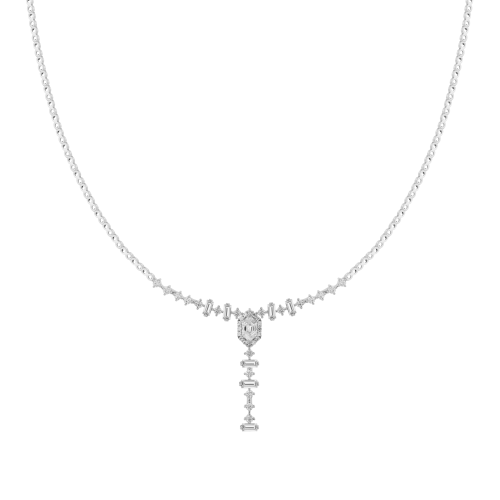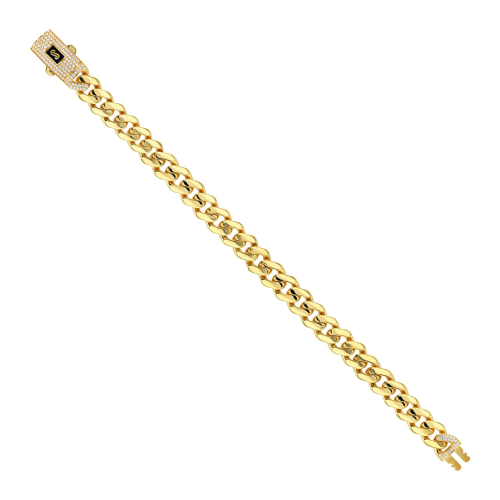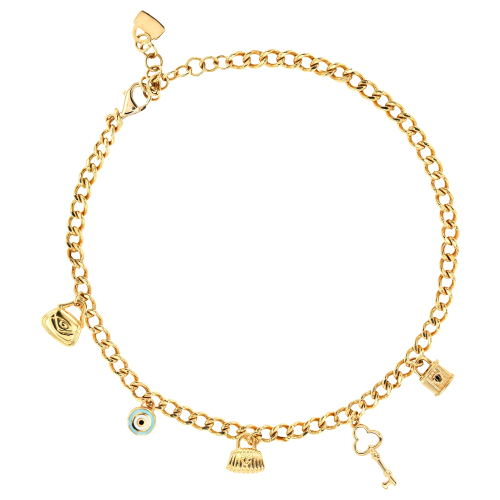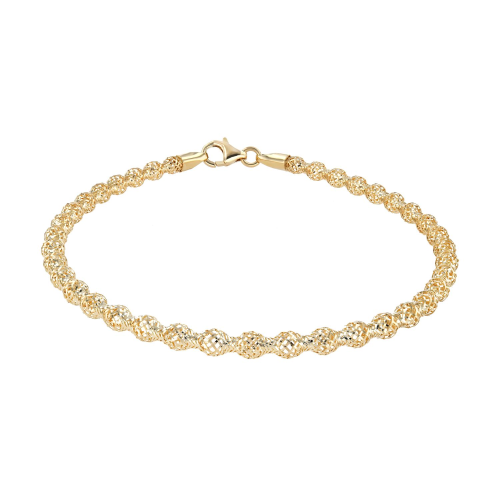Why Humans Have Been Obsessed of Gold for Millennia
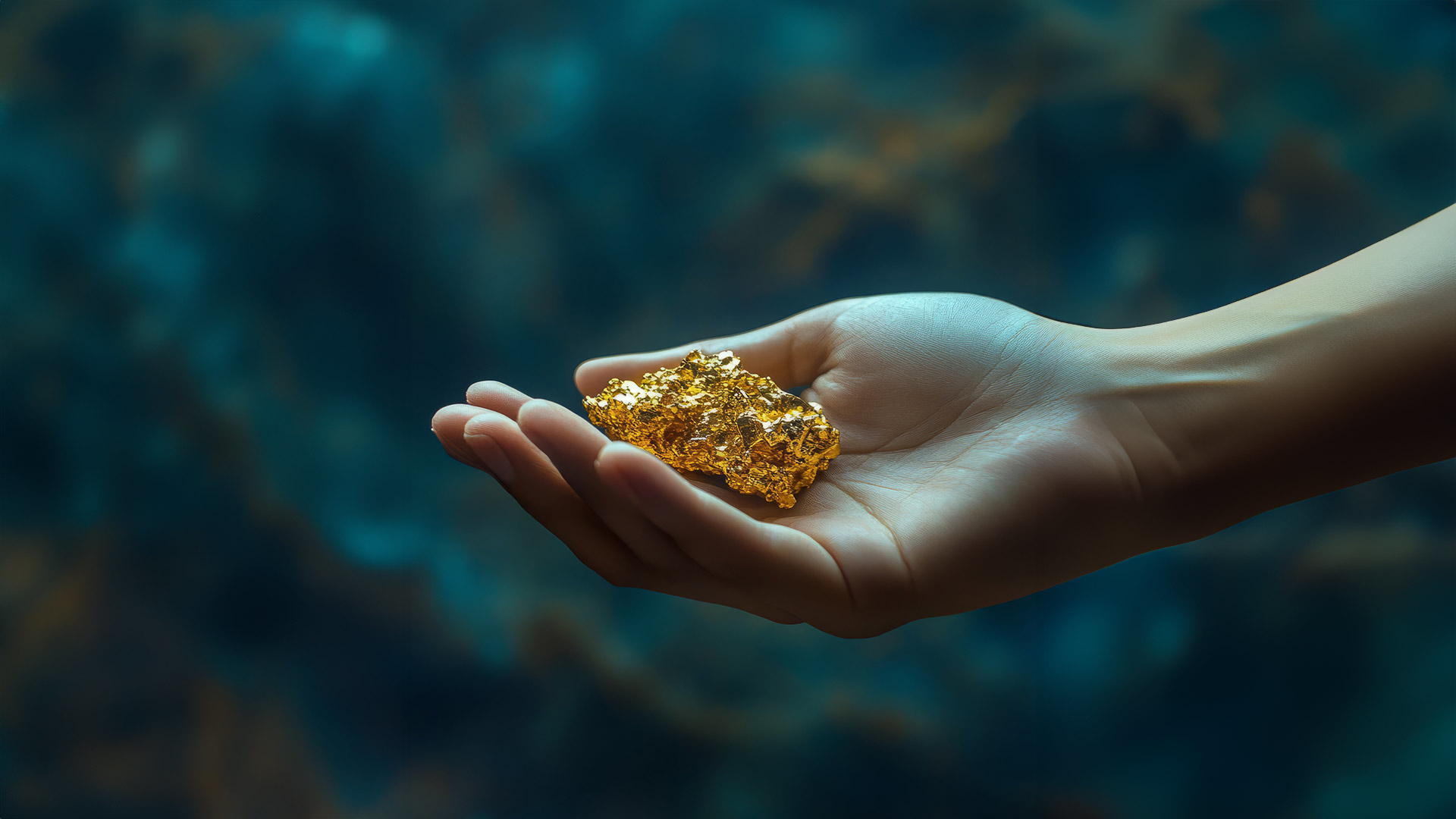
Throughout human history, few materials have captured our collective imagination and desire quite like gold. From ancient civilizations to modern societies, this precious metal has maintained an unshakeable hold on human consciousness, shaping economies, spurring explorations, and symbolizing power across cultures. But what makes gold so uniquely compelling to humans across millennia?
The Physical Properties That Enchanted Early Humans
Gold's inherent characteristics played a crucial role in establishing its early appeal. Unlike other metals, gold occurs in nature in its pure form, requiring no complex extraction or smelting processes. Its distinctive yellow color and natural metallic luster made it immediately recognizable to our ancestors. More importantly, gold doesn't tarnish or corrode, maintaining its brilliant appearance indefinitely – a quality that ancient peoples often associated with immortality and divine power.
The metal's malleability and ductility also contributed to its early adoption. Gold can be hammered into sheets just a few atoms thick or drawn into incredibly fine wire without breaking. These properties made it ideal for creating intricate jewelry and ceremonial objects, allowing early artisans to transform raw gold into sophisticated works of art that displayed both wealth and craftsmanship.
Cultural and Religious Significance
The unchanging nature of gold led many ancient civilizations to associate it with their deities and eternal life. In ancient Egypt, gold was considered the flesh of the gods, particularly Ra, the sun god. The metal's radiant yellow color and its ability to reflect light made this solar connection natural and compelling. Pharaohs were entombed in gold-laden sarcophagi, believing the precious metal would help ensure their immortality in the afterlife.
Similar religious associations appeared across cultures. The Greeks linked gold to Apollo, their sun god, while various Pre-Columbian civilizations used gold in religious ceremonies and artifacts. These spiritual connections elevated gold beyond mere decorative material to something with profound cosmic significance.
Economic Evolution and Power
As societies developed more complex economic systems, gold's rarity and durability made it an ideal store of value and medium of exchange. Unlike agricultural products that could spoil or base metals that could rust, gold maintained its value over time. Its relative scarcity meant that small amounts could represent significant wealth, making it portable and practical for trade.
The emergence of gold as currency transformed human society. The first gold coins, minted by King Croesus of Lydia around 550 BCE, established a standard that would influence monetary systems for millennia. Gold's role in commerce became so fundamental that entire empires were built on their ability to control gold resources and trade routes.
The Psychology of Gold
Our ancestral obsession with gold appears to run deeper than practical considerations. Psychological studies suggest that humans have an inherent attraction to shiny objects, possibly evolved from our need to identify water sources. Gold's lustrous surface and warm color trigger positive emotional responses in many people, contributing to its persistent appeal.
Furthermore, gold's rarity has created a perpetual cycle of desire and status signaling. Throughout history, possessing gold has indicated wealth, power, and social standing. This association has become so deeply embedded in human psychology that even in modern societies where paper money and digital transactions dominate, gold retains its status as the ultimate symbol of wealth.
The Gold Standard and Modern Markets
The influence of gold extended well into the modern era through the gold standard, a monetary system where currencies were directly linked to gold. Although most countries abandoned the gold standard in the 20th century, gold continues to play a significant role in global finance. Central banks maintain substantial gold reserves, and investors often turn to gold during economic uncertainty, viewing it as a "safe haven" asset.
This enduring trust in gold's value reflects both its historical significance and its practical advantages. Unlike government-issued currencies, gold cannot be created at will, providing a hedge against inflation and monetary policy decisions. This characteristic has become particularly relevant in an era of unprecedented money printing and economic intervention.
Scientific and Technological Applications
While gold's decorative and monetary uses drove much of historical demand, modern technology has found numerous practical applications for this versatile metal. Gold's excellent conductivity and resistance to corrosion make it valuable in electronics and communications equipment. Its biocompatibility has led to uses in medical devices and treatments. These applications have added another layer to humanity's relationship with gold, transforming it from purely precious to practically essential.
Environmental and Ethical Considerations
Our obsession with gold has not been without consequences. The pursuit of gold has driven exploration, conquest, and environmental destruction. Modern gold mining often involves environmentally destructive practices and raises serious ethical concerns about labor conditions and resource exploitation. Yet despite these issues, global demand for gold continues to grow, reflecting its deep-rooted importance in human culture and commerce.
Looking Forward
As we move further into the digital age, our relationship with gold continues to evolve. While cryptocurrency advocates position digital assets as "digital gold," the physical metal maintains its appeal. This persistence suggests that our attraction to gold goes beyond rational economic calculations to something more fundamental in human nature.
Our millennia-long obsession with gold reflects its unique combination of physical properties, cultural significance, and economic utility. From ancient religious artifacts to modern investment portfolios, gold has adapted to changing human needs while maintaining its core appeal. As we face an uncertain future, this enduring allure shows no signs of diminishing, suggesting that gold will continue to fascinate and influence human society for generations to come.
